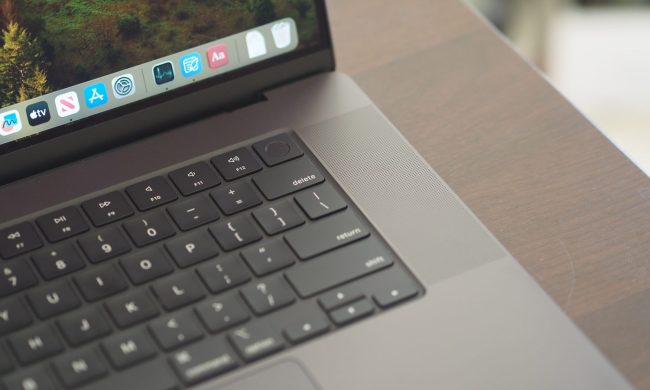With its fresh, clean redesign and plethora of new features, MacOS Big Sur is the largest shake-up of Apple’s Mac operating system in years. But there is one feature that stands out above the rest: Control Center.
This puts key settings into an easily accessible panel in your Mac’s menu bar. It may not seem like much, but this little palette is easily the best feature in the next version of MacOS. It alone makes installing the new public beta worth the time and effort.
Common settings at your fingertips

When you use a Mac every day, there are a lot of settings that you need to change or check. In older versions of MacOS, that meant having to go rooting around in System Preferences for that pesky option, which would not be so bad if the System Preferences app were not such a disorganized mess of barely navigable settings.
Now imagine you must do that every time you want to add a new Bluetooth device or turn on Do Not Disturb. It is an exercise in repetitive frustration, like me trying to explain that touchscreen Macs are a bad idea (unless they are done a certain way).
Thankfully, Apple seems to have acknowledged this sorry situation by bringing Control Center to the Mac in a brilliant way. It provides access to many of the toggles you’re familiar with from iOS, all hidden away in a single menu in the menu bar. If you know that Control Center houses key settings on iOS, you will likely pick it up in a snap now that it is on the Mac. Such is the tightness of Apple’s ecosystem.
And no, it’s not proof that MacOS and iOS are merging. Control Center on the Mac is merely a sign that Apple is learning from its successes and spreading the love. It’s a good practice from Apple and means that Control Center will be an intuitive experience for most Mac users.
Customization made simple

What good would the Control Center be if it were not relevant to how you use your Mac? Sure, having system settings located in a nifty menu is great, but if that menu is filled with obscure settings that no one ever uses, it will be quickly forgotten.
Apple knows there is no one-size-fits-all approach here and has made Control Center extremely easy to customize to your specific needs. Is there one setting you use more than the others? Simply drag it out of the Control Center and drop it onto the menu bar. Now it is always front and center. That is particularly useful for settings that display the status of connections and utilities like your Wi-Fi strength or your volume level. No more rummaging in Control Center (never mind System Preferences), as everything is on display in the menu bar.
Previously, you would have to dive into System Preferences on a wild hunt for the setting you need. Some, like sound or Bluetooth, were easy to find. Others were hidden away, such as the battery status nestled right at the bottom of the Energy Saver section.Each setting was scattered in a different location, making adding more than one unnecessarily complicated.
In Big Sur, you just drag and drop from the Control Center. Want to add a setting to the menu bar that is not already in Control Center? Everything is now housed together in the Dock & Menu Bar section of System Preferences. No more wild goose chase.
Some of the best Mac apps are those that make a small but meaningful change to the way you do your everyday work. Control Center feels like one of these apps — an essential utility that simplifies life on your Mac. The icing on the cake? It comes from Apple itself and does not cost a penny.
It just works

Apple has always prided itself on making hardware and software that are brilliant in their simplicity, ans in making things that anyone can pick up and intuitively know how to use. That approach is typified by the Control Center.
It is simple in both what it offers and how it can be customized, and that simplicity has a direct impact on how you use your Mac. It is a welcome change to MacOS that I did not even realized I needed. Now that I have it, though, it is going to be hard to live without it.



